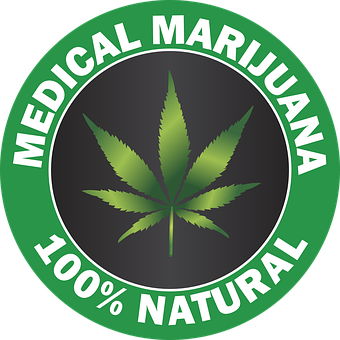- January 6, 2017
- Posted by: webadminx
- Category: Blog, Dispensaries, Uncategorized

As building for medical cannabis facilities grows, a number of exciting prospects have opened up in the field of medicine. Thanks to cannabis, new treatments are available for ailments ranging from post traumatic stress disorder, to cancer to glaucoma. Although medicinal marijuana has received a good amount of accolades and media attention, one disease it may benefit that has not been discussed at length is the disease of addiction.
Opioid abuse is a national epidemic thanks to the addictive nature of prescription painkillers. Many patients who need relief end up on the drugs too long or take too many, resulting in the misuse of the medicine and ultimately physical dependence. Untreated, opioid addiction can tear families apart and ruin – even end – lives.
Thankfully, physicians in states offering cannabis as a medical alternative are experiencing success avoiding these potent pills by using nonaddictive medicinal marijuana therapy to treat pain instead. In fact, a study examining prescriptions filled by Medicare Part D reported that doctors in these areas are on average, prescribing almost two thousand fewer daily doses of painkillers per year.
In Massachusetts, physicians are experiencing great success easing patients off of the dangerous drugs as well, using cannabis in a one month tapering program. The thinking behind this process is simple: doctors are taking a substance that can be very harmful and substituting it with another chemical that has the potential to be equally as effective, only with a much wider safety margin.
Some argue that cannabis substitution therapy is in need of extensive follow up. After all, technically, if a patient begins taking medical marijuana, they may not stop taking narcotics. But trends (and logic) suggest that if the underlying issues of physical pain or anxiety are treated successfully, patients will no longer have a need to use addictive drugs.
That being said, under normal circumstances, it might very well be prudent to wait for more studies to roll in. The problem is that the crisis of opioid abuse is by no means normal circumstances. Cannabis shows the potential to help patients avoid the crushing pain of addiction. Neglecting this prospect is not a luxury that doctors or their patients can afford at this time.
It seems as if marijuana, once deemed a “gateway drug,” is actually a gateway out of addiction for many people, just one of many reasons why building for medical cannabis facilities is a necessity for the medical industry.
Leave a Reply
You must be logged in to post a comment.
